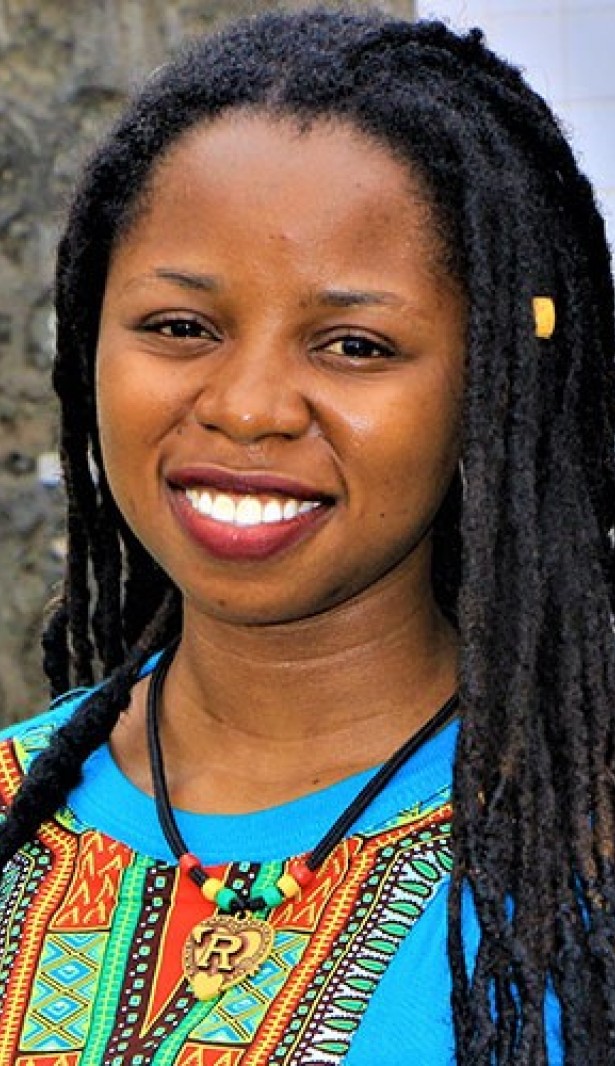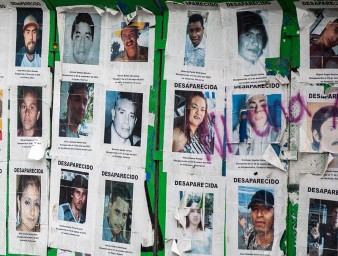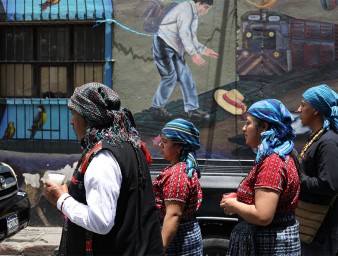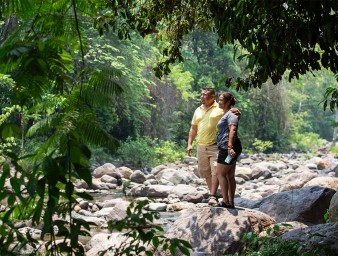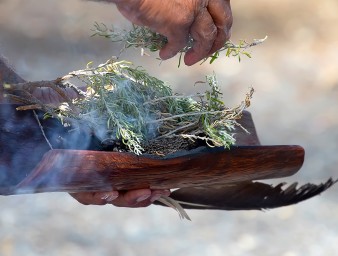LUCHA rights defender hopes her struggle can bring change in the DR Congo
07 February 2020
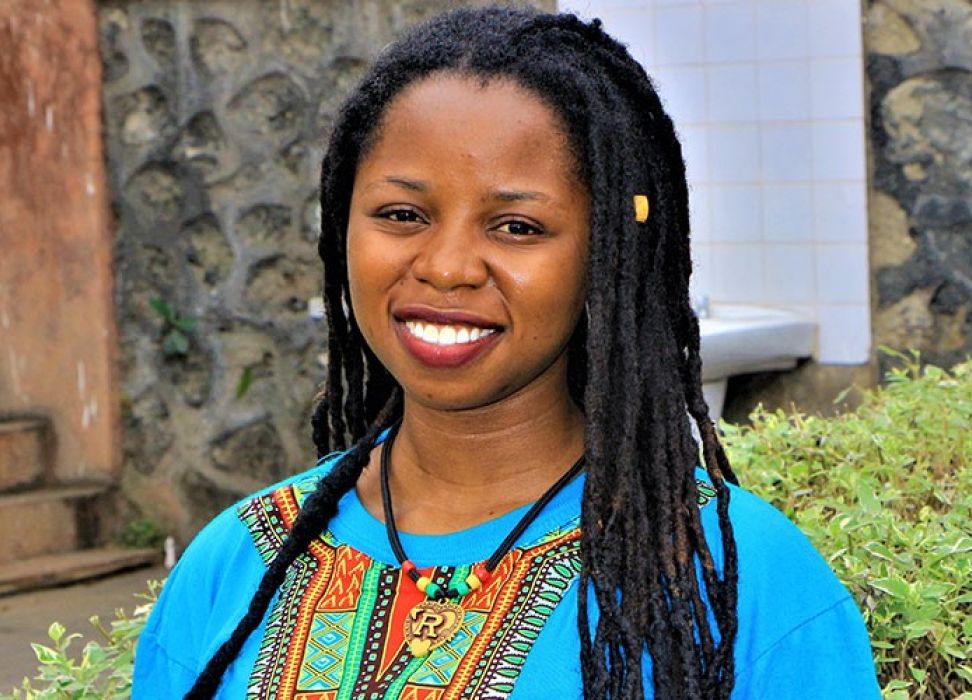
"I am a woman. It have responsibilities. I have to stand up for my family but I also have to fight for my country. To be imprisoned as an activist in my country is akin to being a criminal," said Rebecca Kabuo, a Congolese human rights defender.
Kabuo was born 25 years ago in Goma in the eastern Democratic Republic of Congo (DRC). She grew up in a context of poverty and war and, at the age of 19, she decided to resist and fight for positive change in her country. She joined LUCHA, an acronym which stands for Lutte pour le Changement (Fight for Change), a non-violent movement created in the DR Congo in May 2012 to raise awareness of the people's rights and duties and to take citizen action to demand greater transparency, security and sound governance to those in public office.
"I saw the courage, the enthusiasm, the determination of the LUCHA activists and I asked myself, "why not me? " I also joined LUCHA because I was filled with indignation when I witnessed the problems happening in my country," Kabuo said. "I told myself that maybe in political parties there are leaders, there is someone who makes decisions ... But in LUCHA, there is equal leadership. You can have your own ideas and you have the right to share those ideas; that is what gave me the courage, the desire to join LUCHA."
Kabuo was arrested for the first time in March 2015 during a demonstration to demand the release of activists who had been detained by the Agence Nationale de Renseignments, the national intelligence agency. They were planning a demonstration to call on former President Joseph Kabila to respect the Constitution and hold elections at the end of his term. At the time, international media described Kabuo as the youngest political prisoner in the world. She was arrested more than a dozen other times during peaceful protests and tortured by police and state security services that were against LUCHA's activism.
"Can you imagine a woman who spends six months, a year, two years in prison without any contact with her family, with her children? They do that to reduce you, to destroy you once again. It shatters your dreams, your convictions. Even if I am in prison, I have my rights, I am a human being. I also need to have my dignity respected while in prison," Kabuo said.
"But, when I go to prison, it is also a form of struggle against the injustices that happen in our prisons in the DRC. It was an education, it was a moment of suffering, yes, but yet it encouraged me to go forward in my struggle," she added.
Because of its non-partisan nature, its horizontal leadership, the courage of its activists and their non-violent actions, LUCHA has grown its social and political influence in the DRC and several Congolese have joined the movement in Goma and some 20 other cities and rural agglomerations in that country.
Kabuo has co-organized more than 150 peaceful protests to demand from the political and administrative authorities access to clean water, paved roads, free education, to improve the living conditions of the population, and to end a war responsible for the massacre of more than a million people and the rape of over 200,000 thousand women. Solutions have reportedly been found on certain issues by the Congolese authorities.
LUCHA activists have also received several national and international awards that has brought it legitimacy that has also regrettably unleashed a wave of repression by political and security leaders. Many activists have been arrested, detained, abducted, tortured, and expelled from work or university. One of the movement's pioneers, Luc Nkulula died in June 2018; his charred body was found in his home in Goma and the authorities describe the fire that killed him as accidental.
Kabuo has become one of the main activists of LUCHA and a source of inspiration for many young women who have decided to fight for change in Congo. Despite repression and torture, she continued her studies and in July 2019, she graduated with a bachelor's degree in clinical psychology from the Free University of the Great Lakes Countries in Goma. Today, she is the coordinator of a non-profit she created after her incarceration, TENDO, which works with prisoners, especially women.
"I have found the courage to go on despite what I have been through as an activist. I still have hope that there will be human dignity and social justice in my country one day," Kabuo said.
Disclaimer: The views, information and opinions expressed in this article are those of the persons featured in the story and do not necessarily reflect the official policy or position of the Office of the UN High Commissioner for Human Rights.
7 February 2020
